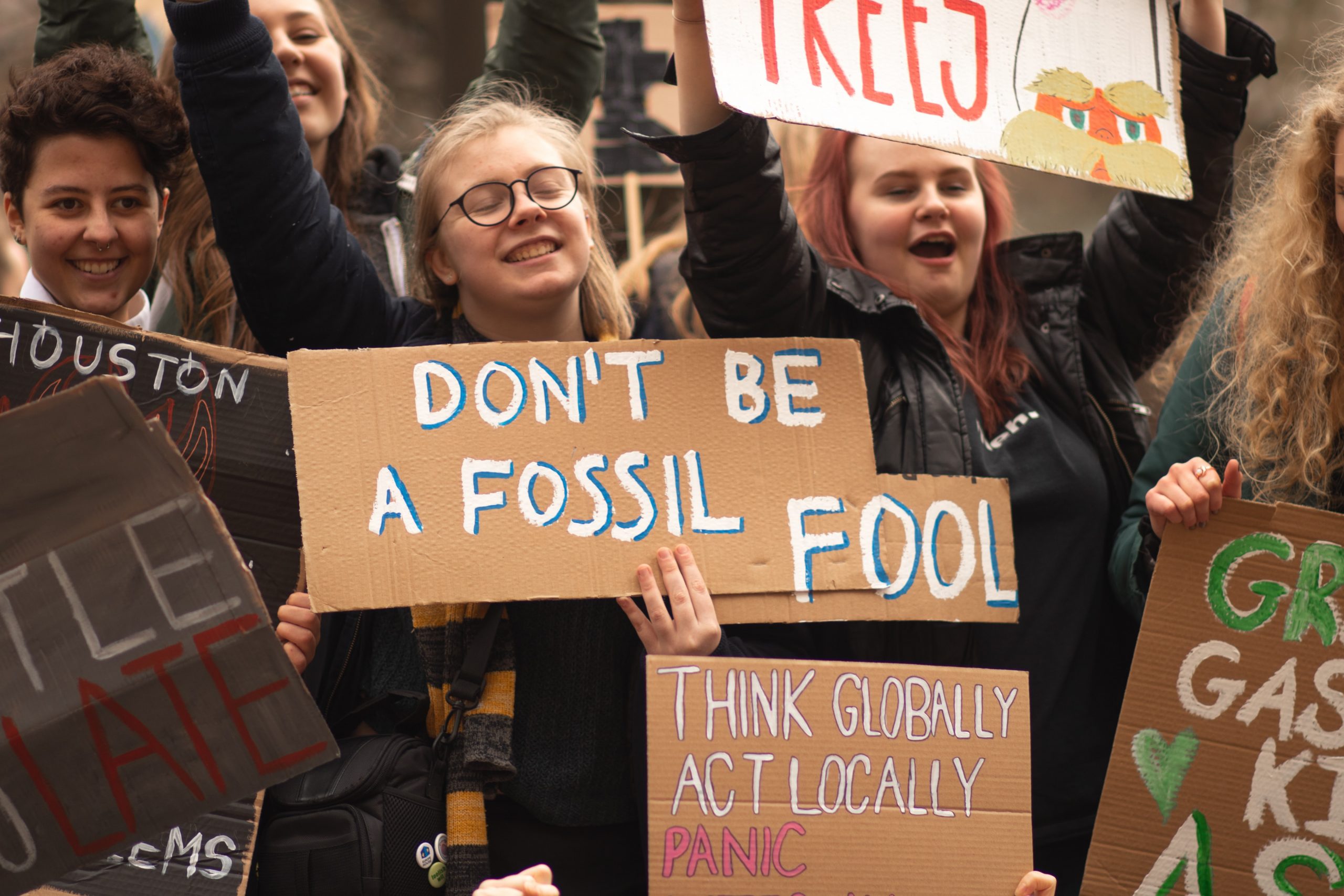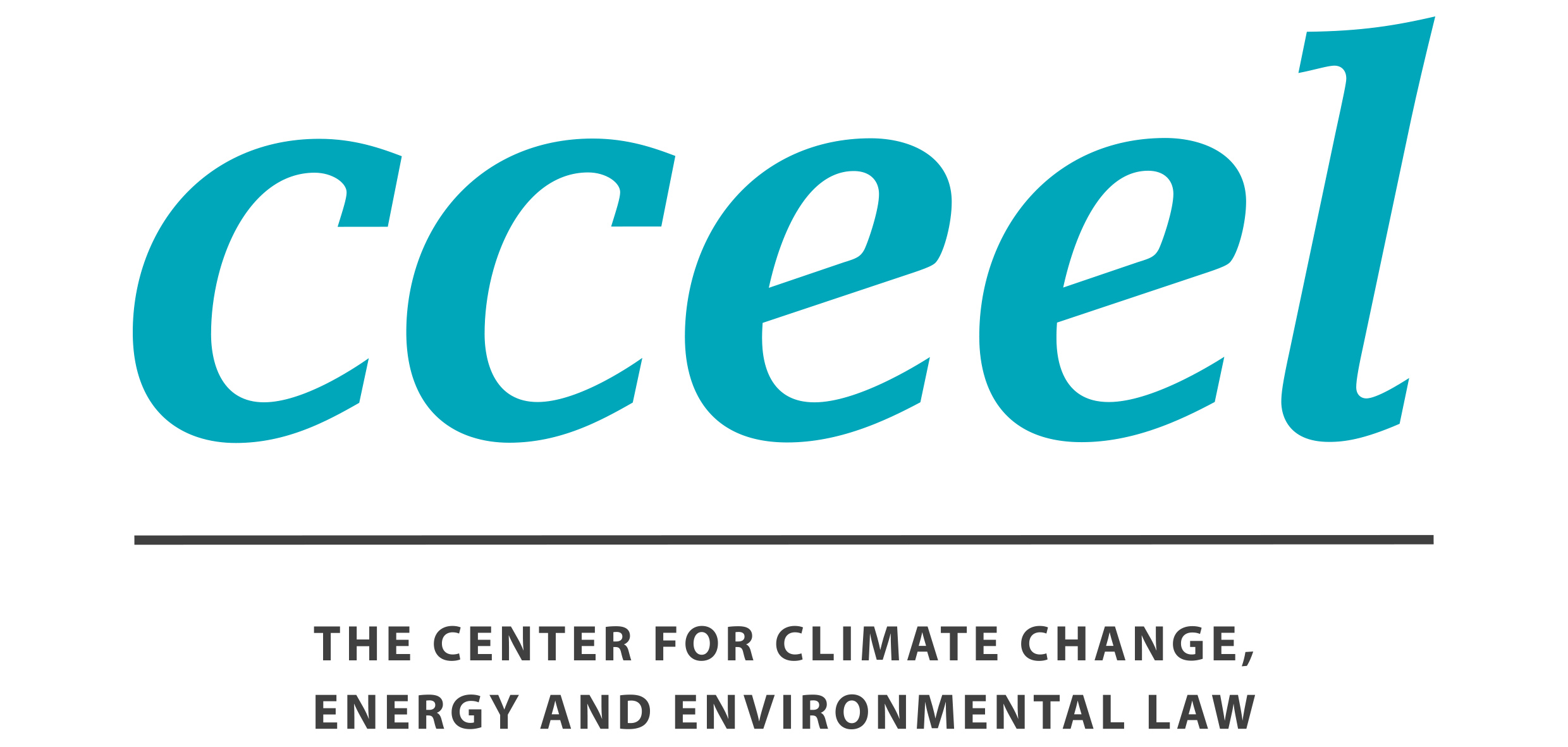It’s the politics, stupid! How to make fossil fuel subsidy reform happen

Harro van Asselt & Jakob Skovgaard.
Harro van Asselt, PhD (VU University Amsterdam, cum laude), is a Professor of Climate Law and Policy with the University of Eastern Finland Law School, and a Senior Research Fellow with the Stockholm Environment Institute.
Photo by Callum Shaw on Unsplash.
Fossil fuel subsidies strain public budgets and contribute to climate change and local air pollution. But despite widespread agreement about the benefits of reforming fossil fuel subsidies, repeated international commitments to eliminate them, and valiant reform efforts by some countries, they persist.
The scale of global subsidies is vast. For 2015, the International Monetary Fund (IMF) puts them at US$5.3 trillion. The International Energy Agency (IEA), following a more conservative definition of subsidies, estimates them at US$325 billion, still a substantial amount. Their sheer size means that reforming subsidies can lead to significant savings for the public purse.
Subsidy reform can also create important environmental and social benefits. A conservative estimate finds that a quarter of the Paris Agreement pledges can be met by phasing out fossil fuel subsidies. Moreover the re-purposing of fossil fuel subsidies, which are often socially regressive because they benefit the richer segments of society, can help the poor while reducing local air pollution and promoting renewable energy. Fossil fuel reform can thus contribute to achieving multiple Sustainable Development Goals (SDGs).
While some countries, such as India and Mexico, have undertaken successful reform, subsidies in other countries, such as Nigeria, have been rolled back due to public protests. Many other countries have not even attempted reform at all. Internationally, although SDG 12.c (on fossil fuel subsidy reform) and forums such as the G20 and the Asia-Pacific Economic Cooperation (APEC) have begun to offer platforms to address fossil fuel subsidies, other institutions such the UN Framework Convention on Climate Change (UNFCCC) and the World Trade Organization (WTO) have been conspicuously inactive.
What explains this discrepancy? In our new open access edited book titled ‘The Politics of Fossil Fuel Subsidies and Their Reform,’ we highlight the need to better understand the political dimensions of fossil fuel subsidies. Although economic factors such as fluctuating fossil fuel prices undoubtedly matter, they alone cannot explain why some countries have put in place fossil fuel subsidies, why they are maintained, and why in some cases they are successfully reformed. The prospects for fossil fuel subsidy reform are political, and the relevant actors, interests and cultures that inform these dynamics differ from country to country.
By studying fossil fuel subsidies as political phenomena, we can shed light on the factors that make reform work and identify how international institutions can help promote reform.
- First, our work underscores the importance of clearly defining fossil fuel subsidies. Internationally, the IMF estimate of global subsidies is 16 times higher than that of the IEA because the Fund includes social and environmental externalities in its definition. From Trinidad and Tobago to the United Kingdom, the confusion about defining fossil fuel subsidies has allowed actors opposed to reform to argue that their country does not subsidize the consumption or production of fossil fuels.
- Second, an analysis of the political dynamics reveals the role of wider power structures in enabling fossil fuel subsidy lock-in. In South Africa, for instance, subsidies to coal production have remained in place in the post-apartheid era due to their benefits for the powerful ‘minerals-energy complex’ of government, state-owned enterprises and industry.
- Third, a focus on the politics of fossil fuel subsidies points to the critical role of framing. While, internationally, fossil fuel subsidies are considered primarily an environmental problem, national governments tend to implement fossil fuel subsidy reform for economic and fiscal reasons. Thus, if international institutions target fossil fuel subsidies solely as an environmental problem, they may miss many opportunities to mobilize domestic actors in favor of reform.
- Fourth, timing is crucial. A better understanding of the politics can allow reform advocates to better identify political windows of opportunity. For example, in Egypt, President El-Sisi used the ‘honeymoon period’ following his 2014 landslide election to push through reform.
SDG 12.c has placed fossil fuel subsidy reform firmly on the global agenda, while rightly linking this commitment to broader environmental, development, economic and health considerations. To translate this imperative into action we need to improve our understanding of the political barriers to reform – and how they can be overcome.
This article was first published on the SDG Knowledge Hub:
http://sdg.iisd.org/commentary/guest-articles/its-the-politics-stupid-how-to-make-fossil-fuel-subsidy-reform-happen/
